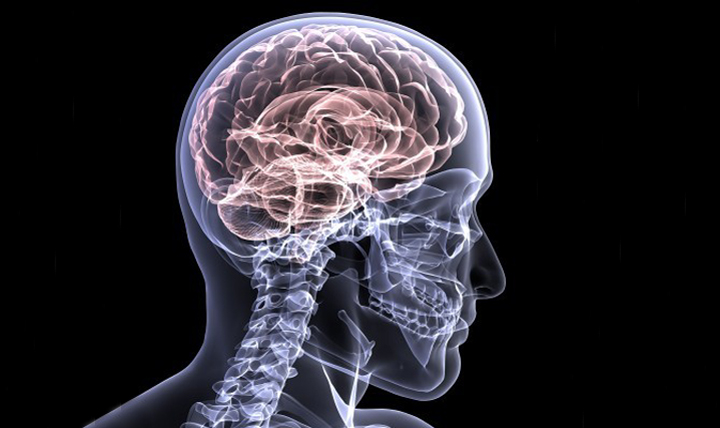

COMMON CAUSES OF MEMORY LOSS

After a certain age, it’s normal to forget things once in a while with mild memory loss with increasing age being common. However fears of Alzheimer’s crop up when you frequently start forgetting appointments or can’t find things. Though it might seem like a spectre from the dark deep, it is possible to diagnose the exact cause of your memory loss and provide treatment from an early age onwards.
While the general consensus is that memory loss means Alzheimer’s disease, you will be surprised to learn there are numerous other causes of memory loss too. Here is a brief look at some of these causes:
Nutritional deficiency
Good nutrition is crucial to normal brain function and these include high-quality proteins and fats. Deficiency of B1 and B12 can lead to memory loss too.
Medication
Taking a cocktail of medications that include antidepressants, antihistamines, muscle relaxants, sleeping pills and pain medications can impair memory.
Sleep deprivation
Lack of adequate, quality sleep can make it hard for the memory to function normally. It makes it difficult for the brain to consolidate and retrieve information.
Smoking
Smokers have lower oxygen levels in their brain than non-smokers, along with a greater difficulty in recalling memories.
Alcohol/drug abuse
Abuse and overuse of alcohol has been known to result in memory loss.
Depression/stress
Depression, stress and anxiety lead to overstimulation and distraction of the mind, making it difficult for the person to pay attention and focus. This form of emotional trauma can lead to memory loss too.
Dementia
This refers to the progressive loss of memory and can sometimes be severe enough to interfere with daily functioning. Though there are many reasons for dementia, the commonest known cause is Alzheimer’s disease and is characterized by progressive loss of brain cells.
Stroke
Strokes and transient ischemic attacks refer to incidences when the blood supply to a part of the brain gets obstructed – possibly due to a block in the blood vessels or leakage of a vessel into the brain. People with strokes often have short-term memory loss.
Head injury
A severe traumatic injury to the head can lead to short-term or long-term memory loss. Such type of memories losses might improve with time.
Sleep apnea
Due to reduced oxygen delivery to the brain, sleep is disturbed frequently resulting in fatigue and poor memory.
Other significant reasons why you could be losing memory include an overactive or underactive thyroid, infections and tumours of the brain as well as brain surgery, anaesthesia, chemotherapy, radiation, migraines and neurodegenerative diseases such as multiple sclerosis and Parkinson’s disease.
A timely visit to the doctor could save you a lot of grief later.














